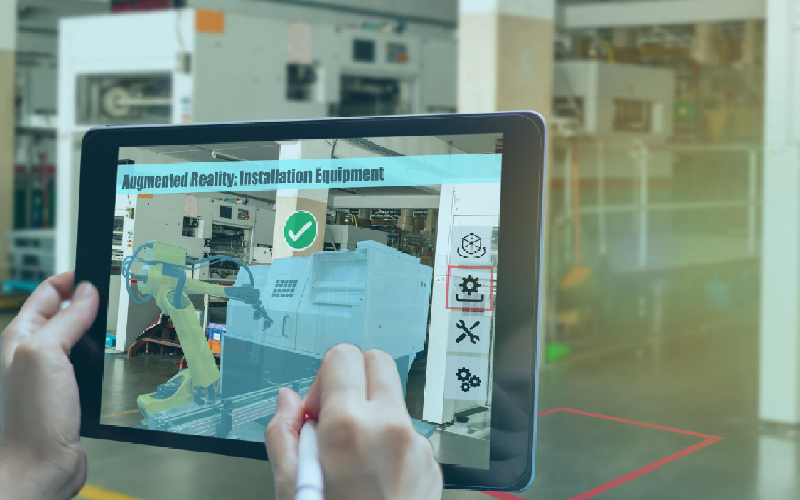Although their context has evolved with time, business process management and compliance are not new concepts. With the ever-changing regulations in the globalised business environment today, it has become challenging to keep up with compliance requirements and adapt business processes.
Let us explore the nuances of business process compliance to ensure effective compliance management.
Understanding business process compliance
At its core, business process compliance is the strict adherence to regulations and standards that govern business operations. This involves both internal and external controls, such as legal requirements, industry standards, company policies, and an ethical code of conduct. The various aspects of compliance management include data protection, environmental regulations, labour laws, reporting, and much more.
Managing these aspects and ensuring effective compliance management can offer you benefits like enhanced trust among stakeholders, effective risk management, enhanced brand value, and a sustainable competitive edge.
Process compliance management challenges
Compliance requirements can vary depending on the region of operation, industry-specific guidelines, and the company's internal policies and procedures. Many of these factors are dynamic and can make process compliance management challenging.
Some of the major challenges when it comes to compliance in business process management include:
- Inaccurate data: Accurate data is the foundation of successful compliance management. Inaccurate (or even siloed) data can be a major hurdle when managing compliance workflows.
- Dynamic regulatory landscape: The contemporary regulatory landscape is dynamic, making it difficult to keep track of changes to the compliance requirements.
- Inefficient business processes: Business processes are inherently complex to manage. If you add inefficient or redundant processes in the mix or fail to understand the nuances of business processes, managing process compliance can become difficult.
- Change management: Compliance management often requires adapting processes to meet the changing regulatory requirements. This requires effective change management. However, resistance to change and a lack of employee engagement can make it challenging.
- Process automation complexities: Process automation has the potential to overcome many of these challenges. However, it is challenging in itself, as automation requires extensive planning, resources, and expertise.
Eight steps to ensure business process compliance
Although process compliance management can be a challenge, developing the right workflow can make it easier to ensure compliance. Here are eight steps you can take to ensure effective business process compliance:
- Understand your current processes: The first step is to assess and understand your current processes to get a 360-degree overview of compliance requirements. This can help you break down the siloes of compliance requirements in different departments and strategise for the business as a whole.
- Assess and understand compliance requirements: With an ever-evolving compliance landscape, it is necessary to stay up to date with and understand regulatory requirements relevant to your business. These can include industry-specific guidelines, regulations in different geographic markets, or evolving international guidelines.
- Eliminate process inefficiencies: A combined understanding of your current processes and compliance requirements can help you adapt existing business processes, structure new processes, and develop policies and procedures to eliminate inefficiencies and bottlenecks.
- Focus on transparency and accountability: Once you structure processes with compliance in mind, the next step is to assign roles to relevant stakeholders, making them accountable for different aspects of compliance. This guarantees transparency and accountability in compliance workflows, making the overall process more efficient.
- Improve data quality: Low-quality data is the Achilles heel of efficient business processes and compliance management. Implementing strategies to improve data quality can also help enhance process compliance management.
- Leverage automation tools: Process automation is a great way to reduce errors, enhance consistency, and enhance business process compliance. Automation tools can help streamline various compliance tasks, improve data quality, and keep track of regulatory changes to ensure effective and efficient compliance.
- Focus on training and awareness: Employee training and awareness are crucial for combating resistance to change and ensuring effective change management. Focus on regular and clear communication with the employees to ensure they are aware of the process updates and can implement them effectively in their day-to-day work.
- Optimise the process: Continuous monitoring and audit are integral parts of process compliance management. They can help you ensure your compliance controls are effective, identify areas for improvement, and optimise the process.
How can Infosys BPM help with Business Process Compliance?
Effective business process services is an integral part of modern businesses, helping them increase productivity and optimise business value while ensuring compliance. Infosys BPM can help you leverage AI-first digital transformation solutions to not only optimise your business processes but also enhance your compliance workflows to navigate the complex regulatory environment.
With services ranging from BPM analytics and business transformation services to master data management and generative AI, Infosys BPM combines technological capabilities with domain expertise to help you address any business or process compliance management challenges you may have.








